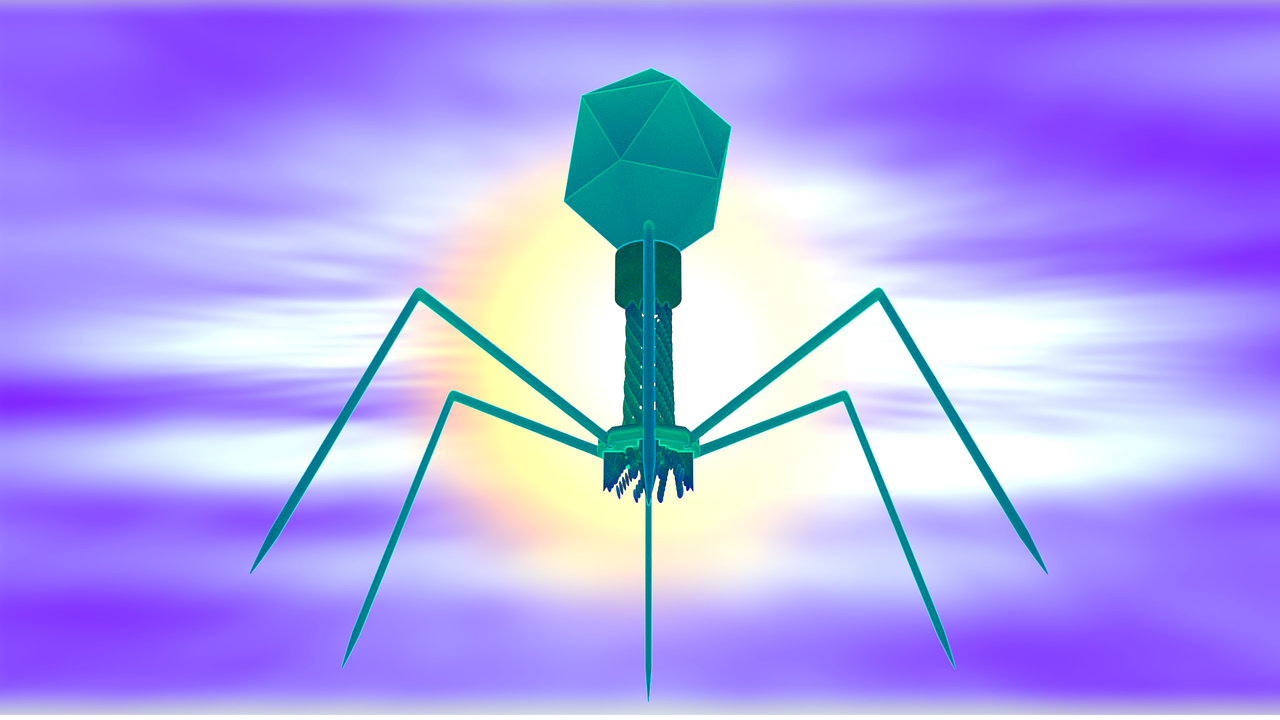Following an allogeneic hematopoietic stem cell transplant (allo-HCT), donor immune cells may target the recipient’s tissues, resulting in acute graft-versus-host disease (aGVHD). Enterococcus dominance and gut dysbiosis impact the aetiology of aGVHD. Recently, Japanese researchers discovered endolysin, an enzyme generated from bacteriophages that may attack Enterococcus faecalis biofilms. Their results provide promise for customized allo-HCT therapies.
The process of allogenic haematopoietic cell transplantation (allo-HCT) entails giving patients with blood cancer, bone marrow failure, or certain hereditary blood diseases donor stem cells. One frequent consequence is acute graft-versus-host disease (aGVHD), in which the recipient’s tissues are attacked by the immune system of the donor. Recent research emphasises how important the microbiome is to aGVHD and how dysbiosis plays a part in the disease’s aetiology. Pathogenic commensal bacteria, such as Enterococcus species particularly E. faecalis and E. faecium can arise as a result of dysbiosis and are linked to multidrug-resistant infections in patients undergoing allo-HCT. Nevertheless, there aren’t many efficient treatments designed especially to address dysbiosis in the setting of aGVHD.
In order to close this gap, a multidisciplinary team led by Associate Professor Kosuke Fujimoto from Osaka Metropolitan University and The University of Tokyo, along with Professors Seiya Imoto and Satoshi Uematsu from the same institutions, thoroughly examined the intestinal bacteriome of patients undergoing allo-HCT. The objective of the research was to examine the occurrence and consequences of Enterococcus dominance among this particular group of patients. Their findings provide important insights into the dynamics of gut microbiota in the setting of allo-HCT.
The findings were published in the journal Nature.
During dysbiosis, some symbiotic commensal bacteria acquire pathogenic characteristics, proliferate, and become directly involved in the onset and progression of the disease. Recognizing the specificity of phage therapy and its ability to spare beneficial bacteria from adverse effects, we focused our research on phage-derived lytic enzymes.
Kosuke Fujimoto
Examining the gut microbiota of allo-HCT patients, the researchers first observed a prevalence of Enterococcus species, specifically E. faecalis. Notably, this was linked to acute leukaemia. The cytolysin-associated genes of E. faecalis strains indicated their high pathogenicity, even though they were responsive to many antibiotics. Additional investigation using metagenomic analysis demonstrated the existence of genetic markers linked to the production of biofilms. They then went on and sequenced the whole genome of E. faecalis. This revealed the existence of endolysin, a fascinating enzyme produced from bacteriophages that has strong antibacterial action against E. faecalis in particular.
The effectiveness of the endolysin was verified by thorough in-vitro and in-vivo tests carried out by Fujimoto and his colleagues. They discovered that it successfully dissolved biofilms and shown narrow-spectrum efficacy against E. faecalis. Notably, other gut bacterial species were unaffected by the lytic action of the endolysin. Two investigations were conducted to evaluate the endolysin’s effectiveness in mice models. First, endolysin treatment of mice with generated aGVHD led to a considerable decrease in E. faecalis colonisation in faeces and suppression of aGVHD development. In the second trial, endolysin treatment reduced Enterococcus levels and increased survival rates in mice with a human-like gut microbiota dominated by Enterococcus bacteria.
Also, Read| Cystic Fibrosis mutation in human lung cells corrected by Prime Editing
Bacteriophage research is gaining momentum, with advancements in phage therapy paving the way for new treatments. Our discovery of the endolysin enzyme holds promise for future applications in preventing or treating acute GVHD.
Kosuke Fujimoto
Source: The Institute of Medical Science, The University of Tokyo Press Release.
Journal Reference: Fujimoto, Kosuke, et al. “An Enterococcal Phage-derived Enzyme Suppresses Graft-versus-host Disease.” Nature, 2024, pp. 1-8, https://doi.org/10.1038/s41586-024-07667-8.






